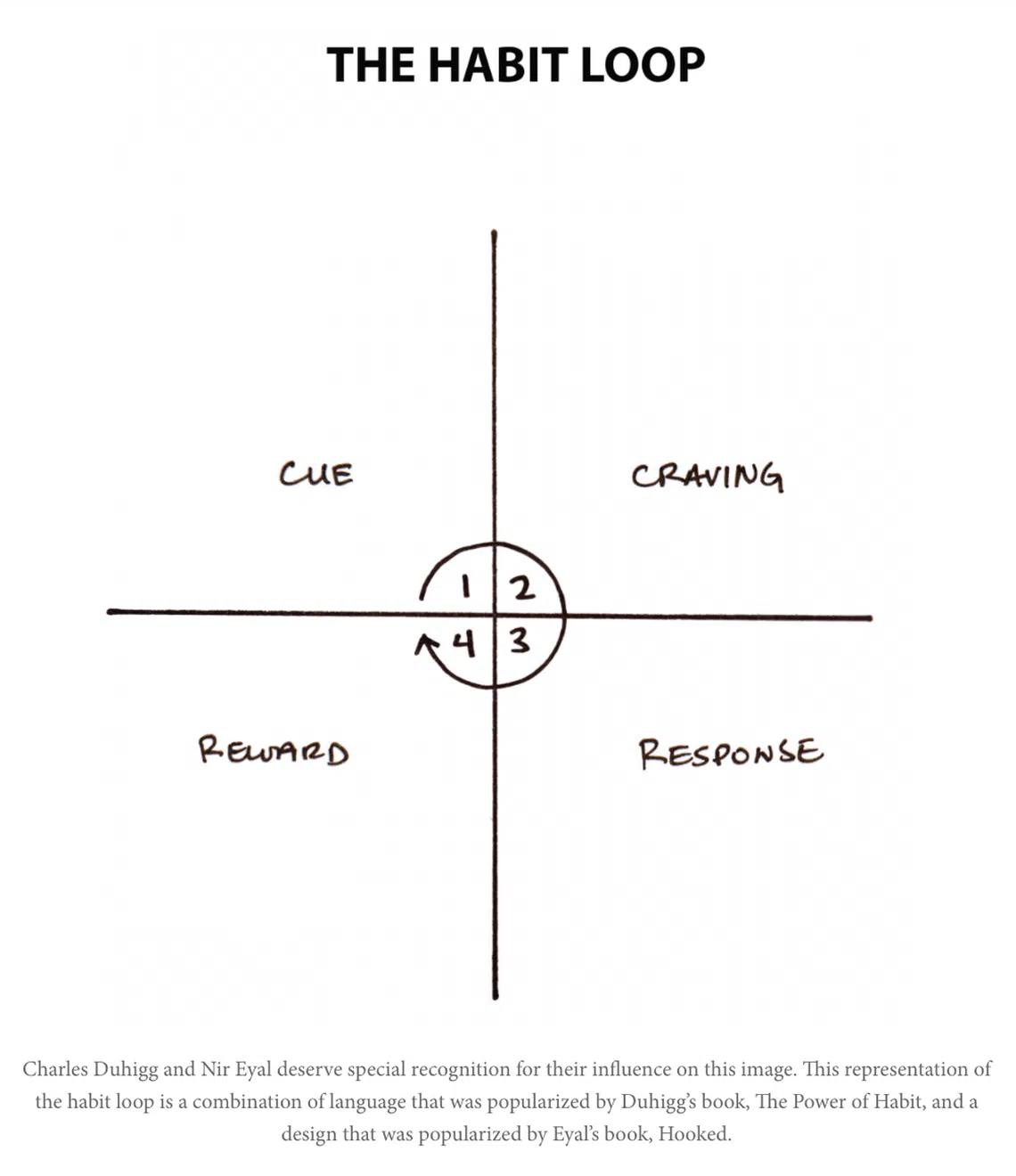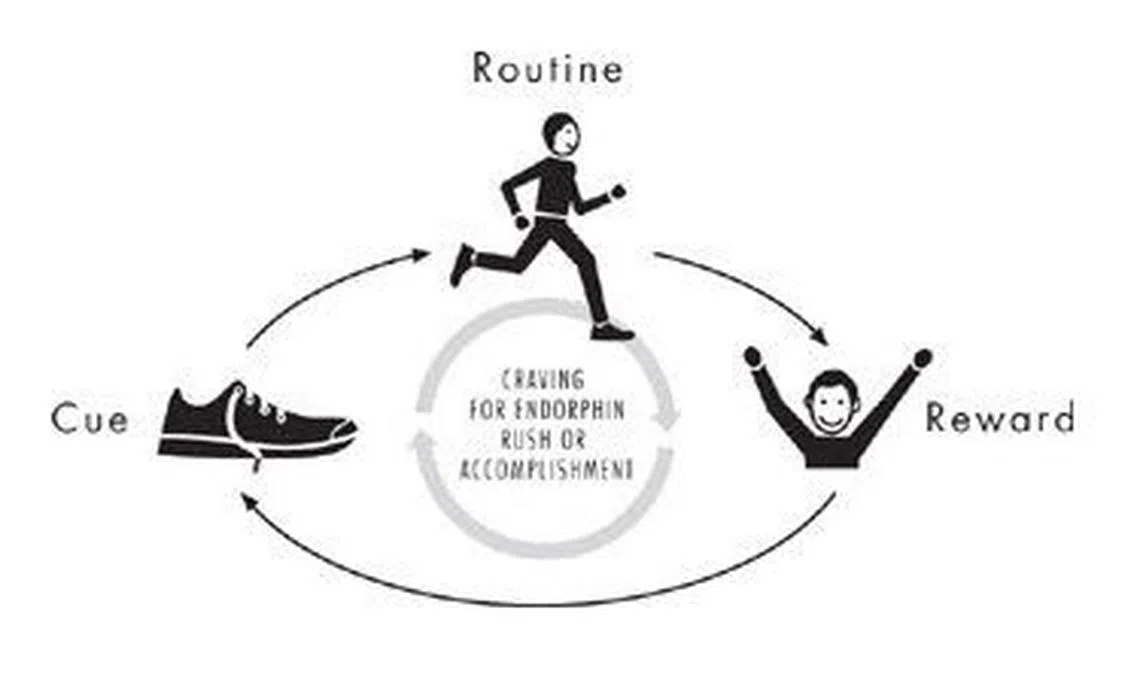🥳 New year, new me?

Straight to your inbox. Money, career and life hacks to help young adults stay ahead.
- Find out more and sign up for Thrive at bt.sg/thrive
🥴 Unsteady start
There are several reasons why many of our New Year’s resolutions fall through – a main one being their misalignment with our true goals and desires, or personal values.
Often, people set resolutions based on societal expectations or what they think they should be doing. For example, setting resolutions to receive a promotion or a high salary bump are popular goals, but if one does not have a clear understanding of why they want it, there will be a lack of motivation and commitment to follow through.
Other forms of misalignment when making resolutions can look like:
- Conflicting priorities: Resolutions may fail when they are simply not aligned with other core aspects of life.
- Dramatic lifestyle changes required: If a resolution involves drastic changes that are very incompatible with one’s current lifestyle, it may lead to a sense of deprivation or discomfort, making it difficult to maintain the new habits.
“One of my New Year’s resolutions last year was to learn a new language, but many other priorities in my life and work took over, and it became very difficult to make time for this,” Timothy Goh, 25, who works as an auditor in Singapore, told Thrive.
Having unrealistic expectations can also add unnecessary pressure 😰 and make the process of fulfilling resolutions more tedious. Here are some examples of this that tend to turn people off their own resolutions 🥴:
- Setting completely unattainable goals: People often set resolutions that are too ambitious or unrealistic. For instance, going from no exercise to wanting to be able to run a marathon in a month, will naturally be overwhelming and unsustainable.
- Underestimating the time and effort required: Unrealistic expectations about how quickly results should be seen can lead to frustration and disappointment, causing individuals to abandon their resolutions prematurely.
- All-or-nothing mentality: Some people approach resolutions with an “all-or-nothing” mindset. This black-and-white thinking can lead to discouragement after minor setbacks in the process, making it more likely for people to abandon their resolutions.
🦴 Good habit formation
Making effective resolutions is not too different from building good habits. According to James Clear’s New York Times’ bestselling book Atomic Habits, creating any habit – good or bad – starts with a habit cue, which elicits a craving, then a response within an individual to satisfy it. The individual will recognise this reward received, which encourages the cycle to repeat.
Navigate Asia in
a new global order
Get the insights delivered to your inbox.

“The key to choosing a successful cue is to pick a trigger that is very specific and immediately actionable,” writes Clear. For example, if the habit is to do ten push-ups during one’s lunch break every day, the trigger can be as simple as closing one’s laptop prior to doing the push-ups.
Other writers such as Charles Duhigg and Nir Eyal have also discussed the habit loop. In Duhigg’s book The Power of Habit, he stresses that the cue must be made as unmissable as possible for the habit loop to work well. If you want to cultivate the habit of going for a run every morning, a good cue would be to leave one’s running shoes in the middle of the doorway so that it is impossible to miss. The endorphins and the sense of accomplishment after a run becomes the reward that one craves for, reinforcing the virtuous cycle.

I put Clear’s habit loop strategy to the test a few years ago, and was pleased to find that it worked very well. As someone who was not very athletic growing up, taking up running felt daunting. Placing my sports shoes right in front of the door did push me towards going for a run or some form of exercise. I had to get it out of the way to leave the house, and by the time I did, I felt that I should get some exercise anyway.
Over time, I created another cue for myself too – hanging my gym clothes right in front of my closet so that it was the first thing I see when I wake up.
Perhaps what is needed for habits to stick is to have some form of structure. A recent TikTok on making effective New Year’s resolutions for 2024 that went viral proposed breaking one’s year into quarters and setting personal and professional targets for each quarter. This strategy allows individuals to focus on several smaller tasks over shorter periods of time.
“Thinking this way prevents you from resting on your laurels (since) 90 days is a quarter of your time that you think you have (to achieve your goals),” explains content creator Breana on TikTok. “You would be more likely to stay focused on your goal from day to day.”
💭 Reflection time
Many young adults today do recognise how fleeting or customary making New Year’s resolutions can be, with some committed to do things differently this year.
“Resolutions tend to be fickle and made simply due to a trend, but goals that are well-planned — such as Specific, Measurable, Achievable, Relevant and Time-bound (SMART) goals — will be achievable and less daunting,” shares Joseff Manto, 27, a sustainability analyst in Singapore.
As much as making new, thorough resolutions for the year can be exciting, it might pay to take a step back and reflect on the good and bad of the year that has just gone by.
Sometimes, looking back is just as important as looking forward. While no one should dwell on the past, constructive reflection is necessary to move forward with better judgement. For some, a focus for this year might be to move at a slower pace – simply to make room for more rest and recuperation 😴. Plus, it’ll not make sense to stumble towards shiny, new things when many things in the past year remain unaccomplished or unresolved.
So, how will you go about making or achieving New Year’s resolutions this 2024? Whether you chart out your quarterly goals or make no plans at all, it’ll be wise to understand your own limits, set reasonable standards for yourself, and refrain from past mistakes. And if all comes to naught (again), well, you can always try again next year 🌚.

TL;DR
- Many New Year’s resolutions we make fall apart quickly due to their misalignment with what our personal values and true desires
- Unrealistic expectations also cause people to feel frustrated and disappointed with the resolutions they make
- Learning the process of making good habits can help with planning better and more sustainable resolutions for the year ahead
- Remember to take time to reflect on past mistakes too before charging ahead with new goals and dreams
Decoding Asia newsletter: your guide to navigating Asia in a new global order. Sign up here to get Decoding Asia newsletter. Delivered to your inbox. Free.
Copyright SPH Media. All rights reserved.
